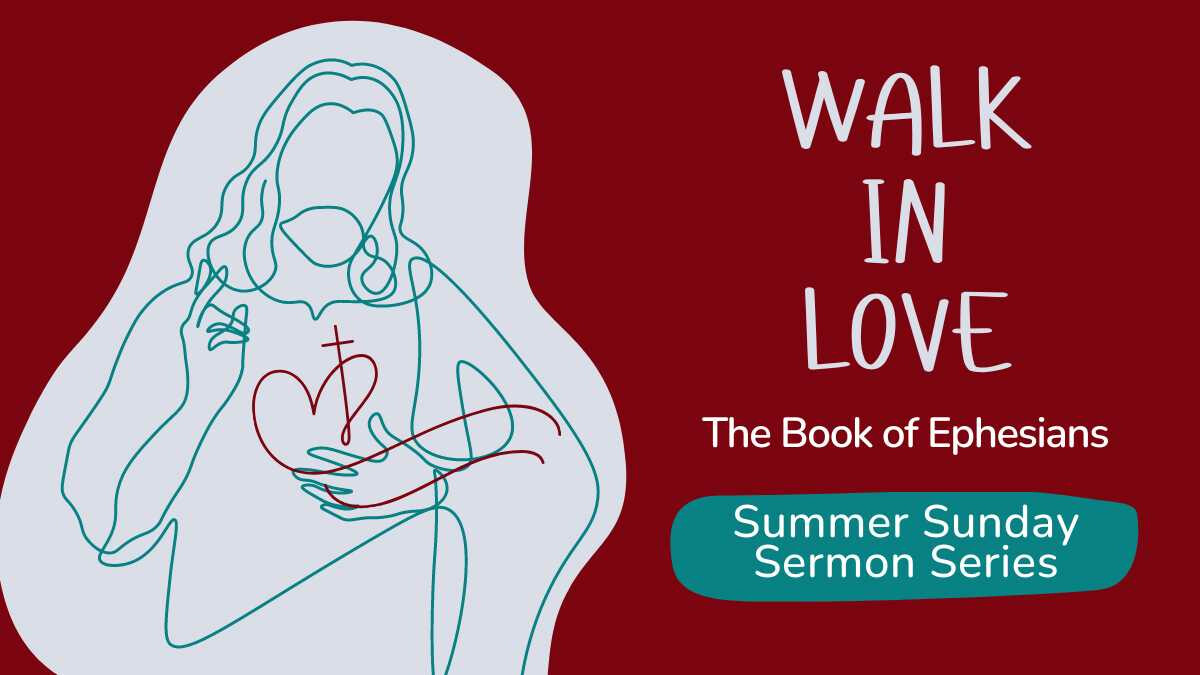
Day 20
“So then you are no longer strangers and aliens, but you are fellow citizens with the saints, and are of God’s household, having been built on the foundation of the apostles and prophets, Christ Jesus Himself being the corner stone, in whom the whole building, being fitted together, is growing into a holy temple in the Lord, in whom you also are being built together into a dwelling of God in the Spirit.” Ephesians 2:19-22
Fellow Citizens and Members of God’s Household
When travelling to another country, upon arrival, there are usually two distinct immigration lines. There is a line for citizens of that country who are returning home and a separate line designated for those who are merely visitors. Prior to faith in Christ, we possessed a spiritual passport distinct from those who were in a covenant relationship with God. Prior to coming to Christ we were strangers to God, foreigners in the divine spiritual realm. Like travelers in a distant land we were complete strangers to the family of God. Upon putting our trust in Christ, we received a new citizenship. In our day, becoming a Christian would be like exchanging our foreign passport for a new passport of the country where we had previously been mere visitors. In Christ, our citizenship changes. We lived under the authority of the “prince of the power of the air.” (Ephesians 2:2) Now we live under the authority of Christ. Paul said it this way to the Philippian church. For our citizenship is in heaven, from which also we eagerly wait for a Savior, the Lord Jesus Christ. (Philippians 3:20) Both Ephesus and Philippi housed large populations that were citizens of the Roman empire. Being a citizen of Rome came with tremendous benefits but also a sense of pride. Paul was born a Roman citizen. (Acts 22:27-28) He knew the benefits and even used those benefits to his advantage. Ephesus and Philippi viewed Roman citizenship as a great privilege, but Paul wanted them to see their heavenly citizenship as a far greater privilege.
The Foundation of the Church
Often illustrated with the idea of a body, the body of Christ, here Paul used the imagery of the construction of a temple to portray an aspect of the church. Ancient buildings relied on the foundation for the viability and stability. The foundation stones were fitted together closely and had to align perfectly. The most critical selection in the building process was the initial stone, the corner stone. This stone became the standard for all other stones in the foundation and for all stones built upon the foundation. Christ identified Himself as the corner stone. Jesus said to them, “Did you never read in the Scriptures, ‘The stone which the builders rejected, This became the chief corner stone; This came about from the Lord, And it is marvelous in our eyes’?” (Matthew 21:42) Simon Peter invoked this same imagery in his letter to the church. And coming to Him as to a living stone which has been rejected by men, but is choice and precious in the sight of God, you also, as living stones, are being built up as a spiritual house for a holy priesthood, to offer up spiritual sacrifices acceptable to God through Jesus Christ. For this is contained in Scripture: “Behold, I lay in Zion a choice stone, a precious corner stone, And he who believes in Him will not be disappointed.” This precious value, then, is for you who believe; but for those who disbelieve, “The stone which the builders rejected, This became the very corner stone,” and, “A stone of stumbling and a rock of offense”; for they stumble because they are disobedient to the word, and to this doom they were also appointed. (I Peter 2:4-8) The foundation of the church begins with the person of Jesus Christ. He sets the plumb line for all teaching and ministry of the church. The apostles and New Testament prophets built on the revelation of God concerning His Son. Their teachings, as they align with the person, message, life, death, resurrection, reign, and second coming of Jesus gives the church her necessary underpinnings. From the inception of the church, this standard of submission to apostolic authority gave structure to the church. Consider this passage immediately following the conversion of thousands, massively increasing the early church’s numbers. So then, those who had received his word were baptized; and that day there were added about three thousand souls. They were continually devoting themselves to the apostles’ teaching and to fellowship, to the breaking of bread and to prayer. (Acts 2:41-42) The marks of the early church were a commitment to the teachings of the apostles, fellowship, breaking bread together, and prayer. The church has one foundation, the teachings of the apostles and New Testament prophets. These writings, collected into the library of books known as the New Testament, have Jesus Christ as the primary focus. Believers today still build on this same foundation. By embracing Christ and following the teachings of the New Testament, we are incorporated into the framework of the church. Each of us become a feature of this amazing structure, a structure comprised of Christians from the time of the early church to today, all with the same foundation.
This entire section of Ephesians 2:11-22 describes the before and after effect on Gentiles coming to faith in Christ. One of the overt marks of separation was the Jewish temple. For the first century Jews, the temple in Jerusalem mattered greatly. Its biblical history, beauty, unique spiritual significance, and ceremonial rites, distinguished it from all other expressions of religion. The Gentile world only knew of the false religion of idolatry. For Gentiles, they could never experience the fullness of the divine promises communicated in the temple. Its destruction in AD70 dealt a devastating blow to all Jews. It is interesting that Paul saw the church as being built into a holy temple. Much as the Jewish temple provided the meeting place for Jews to encounter God, now the church provided both Jews and Gentiles with a meeting place for everyone to encounter God. Except in this case, the church is not a building, but a gathering of people. Each individual believer, fashioned by the Word of God, joined together with other believers in unity. We are being built up together into a holy temple. The temple in Jerusalem no longer functions as the location of human encounters with God. Now, the gathering of the church is the locus of God’s presence in the world today.
Suggested Prayer: Thank You God for the gift of Your Word. Thank You for revealing Yourself to us and bringing us into Your church. Preserve the unity of the church. Help me be an instrument of Your peace within the church. Keep us in alignment with Your will for the sake of Your honor and glory. May our lives line up with the apostolic authority of the New Testament and ultimately with Christ Jesus Himself.



Login To Leave Comment